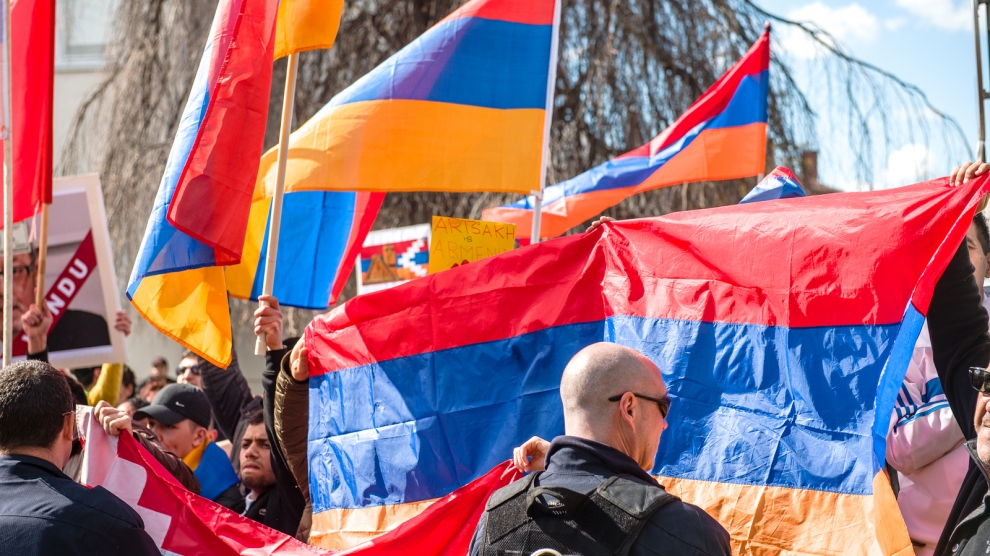Armenia is facing its most severe political crisis since April, when widespread protests forced the former prime minister Serzh Sargysan to resign. Armenians are now back on the streets, answering the call of the country’s new prime minister, Nikol Pashinyan, who wants the country to hold new elections by the end of the year.
On October 2, Armenia’s parliament, led by the former ruling Republican Party of Armenia, voted to change the way elections can be called, leaving Mr Pashinyan without the option of calling a parliamentary election for December.
Mr Pashinyan says he will continue to push for an early election.
“Those who say the elections must be held in May, not now, want this political crisis to continue for another eight months,” Mr Pashinyan told reporters on October 3. Earlier in the day, he had forced President Armen Sarkissian to dismiss six ministers from two parties, Prosperous Armenia and ARF/Dashnaktsutyun, which had sided with the Republican Party in parliament.
The prime minister has pushed for early elections following his bloc’s landslide victory in the mayoral race in Yerevan last month in a bid to unseat his political opponents, who have maintained a majority in parliament.


The newly elected prime minister risks too much using a crowd as the main resource in the power struggle. It is clear that he has nothing else, but no one can guarantee that it will not get out of his control. The consequences can be fatal not only for him, but for the whole country.